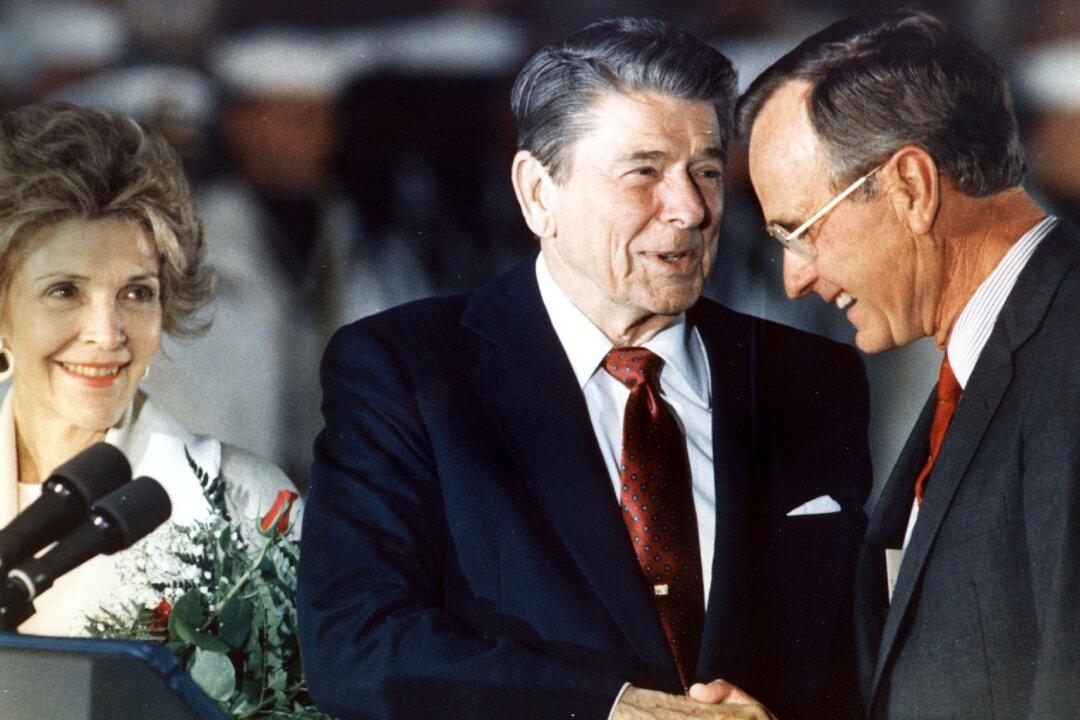On Nov. 6 the U.S. Labor Department will issue another mediocre job report. Private forecasters estimate 190,000 jobs were created in October, well below the 260,000 averaged in 2014.
The White House will tout the economy is doing quite well and proclaim 61 consecutive months of job creation. Liberal commentators including New York Times columnist and CNBC analyst John Harwood may offer this as more proof the economy does better with a Democrat in the White House.
So much depends on the circumstances in which each president governs. For example, does his party control one or both the Senate and the House and, more important, what was the state of the economy bequeathed by his predecessor?
The best apples-to-apples comparison is the rather difficult conditions Presidents Ronald Reagan and Barack Obama inherited, and how the fortunes of America's families then progressed.





